Vikram Nair seeks clarification on youth suicide data; SPS Syed Harun outlines MOE support
In Parliament on 14 October 2025, Vikram Nair asked about studies into youth suicides and preventive lessons. Senior Parliamentary Secretary for Education Syed Harun Alhabsyi said MOE monitors student mental health through internal studies and partnerships, outlining a multi-tiered support framework across schools and healthcare systems.
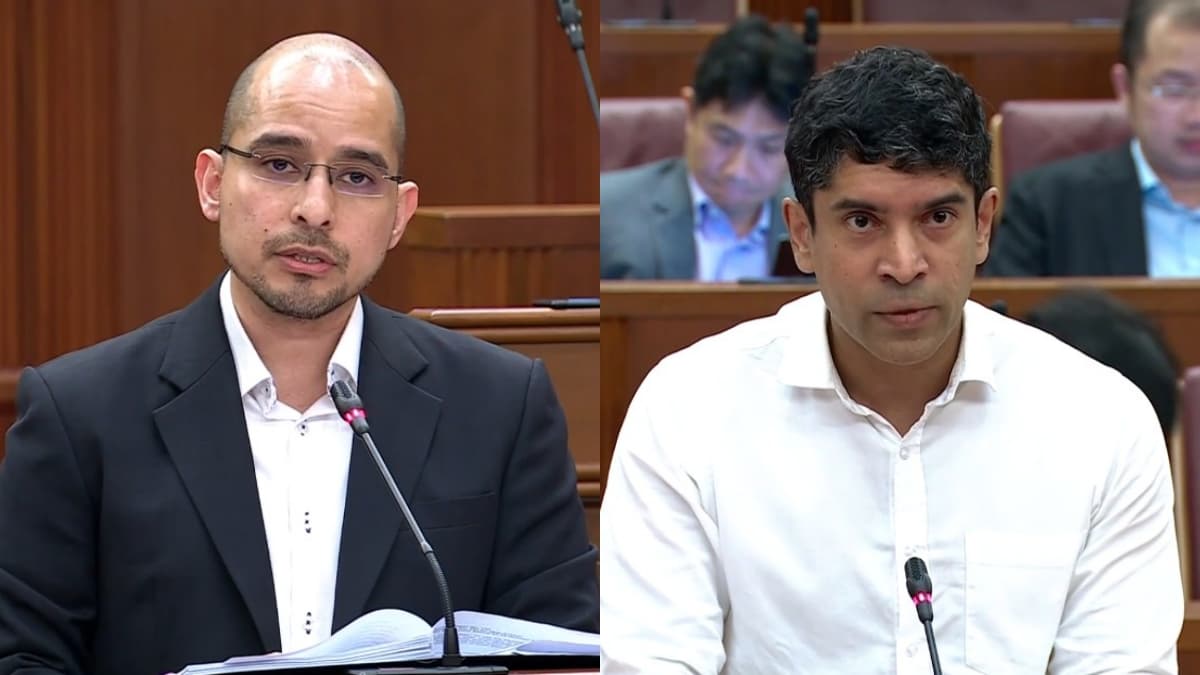
- Sembawang GRC MP Vikram Nair questioned the Ministry of Education (MOE) on suicide prevention and youth mental health.
- Senior Parliamentary Secretary Syed Harun Alhabsyi said MOE relies on internal studies to guide interventions.
- MOE collaborates with other ministries and agencies to provide multi-tiered mental health support.
In Parliament on 14 October 2025, Senior Parliamentary Secretary for Education Syed Harun Alhabsyi responded to questions from Sembawang GRC MP Vikram Nair regarding youth mental health and suicide prevention.
Nair referred to reports suggesting suicide as the leading cause of death among youth and asked whether the Ministry of Education (MOE) had studied such cases to derive lessons for early intervention.
Syed Harun explained that while national suicide data is tracked by central agencies, MOE monitors students’ well-being through its own research and data collection.
He cited two major studies — the 2020 Youth Epidemiology and Resilience Study with the National University of Singapore, and the 2024 National Youth Mental Health Study conducted by the Institute of Mental Health.
According to Syed Harun, these findings guide the ministry’s approach to promoting mental health and strengthening preventive measures within schools.
“MOE closely monitors the state of mental health of our students using internal data and through research studies,” he said.
He added that research insights are used to “improve the full suite of measures” supporting student mental well-being. This includes regular updates to mental health education lessons within the Character and Citizenship Education curriculum, ensuring that new and emerging issues are addressed.
The ministry also provides parents with updated information packages to help them support their children’s mental health. Collaboration across agencies — including the Ministry of Health and the Ministry of Social and Family Development — forms a core part of MOE’s involvement in the national mental health and well-being strategy.
A key component of this strategy is a tiered care model that promotes help-seeking behaviour among youth and improves access to mental health services. In addition, the Parenting for Wellness initiative was launched to equip parents with practical skills to build resilience and strengthen family relationships.
In a follow-up question, Nair sought clarification on whether MOE had examined individual suicide cases to extract lessons for early intervention. He emphasised the importance of understanding specific causes to prevent future cases.
Responding, Syed Harun noted that “specific data on national suicide rates for the youth population between 10 to 29 years old” is managed by other national agencies. However, he reiterated MOE’s focus on early detection and multi-level intervention.
Teachers are trained to identify early signs of distress among students and provide basic counselling support. School counsellors are also equipped to conduct suicide risk assessments and collaborate with healthcare institutions. These include response teams, early intervention units, and community mental health groups.
“Within the Ministry of Education, we view youth mental well-being as a whole ecosystem of support,” Syed Harun said, highlighting ongoing efforts to integrate schools, families, and healthcare systems in a cohesive framework.


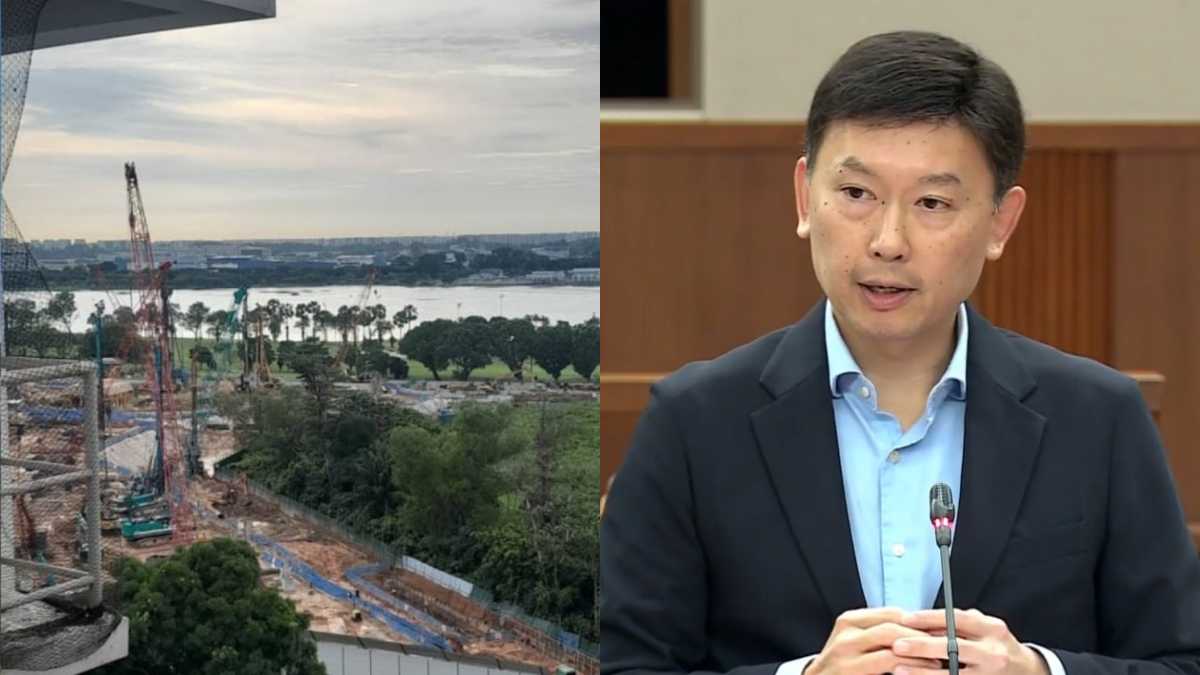
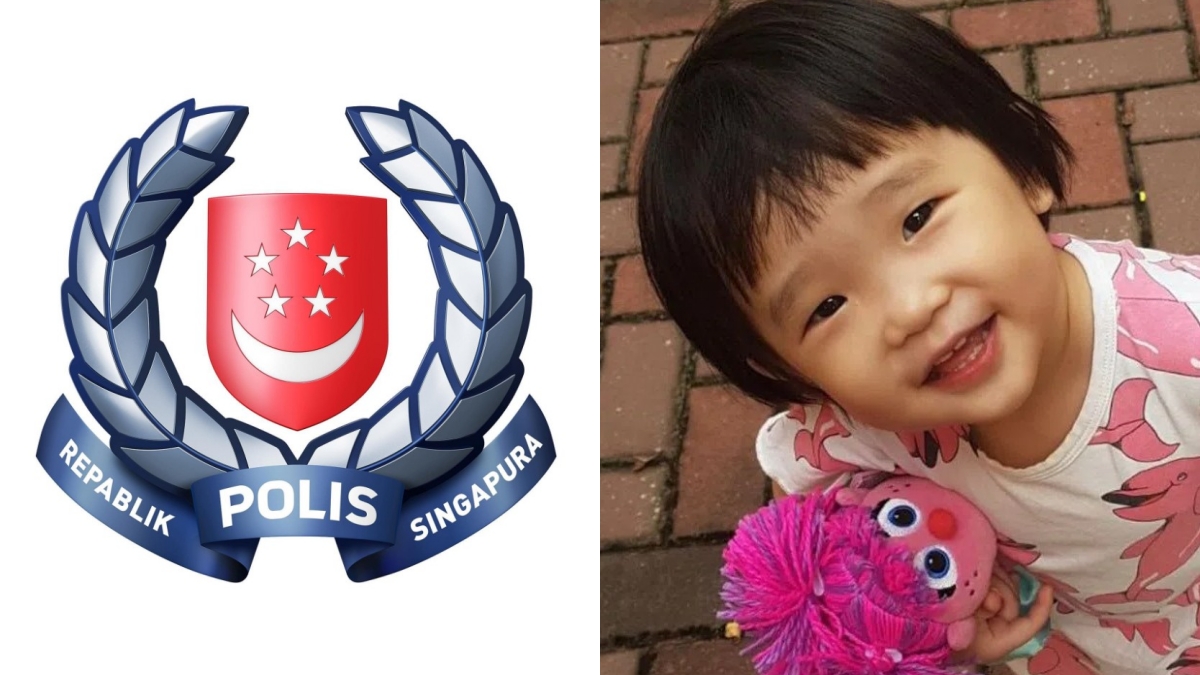
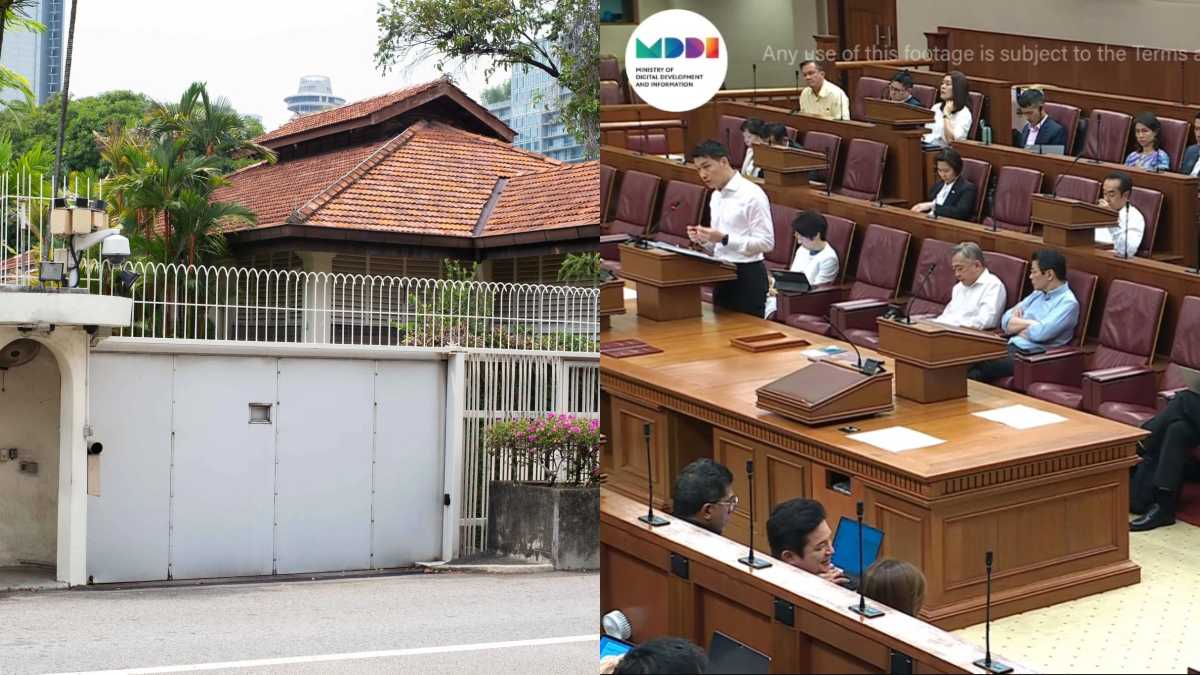
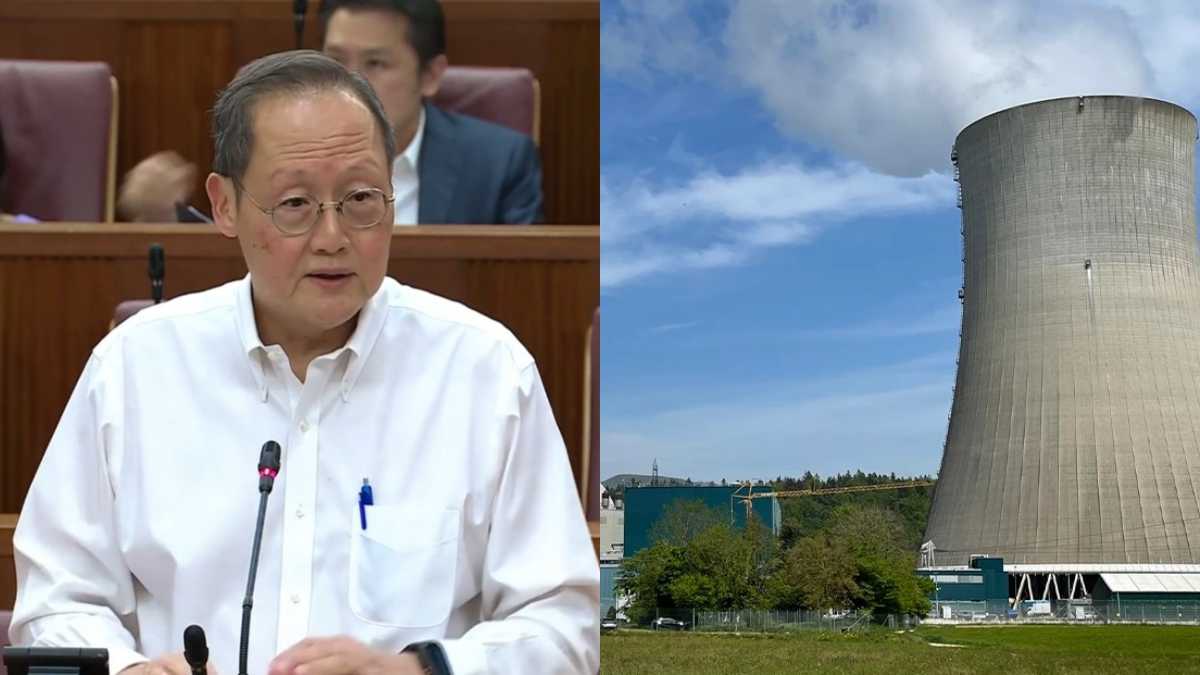
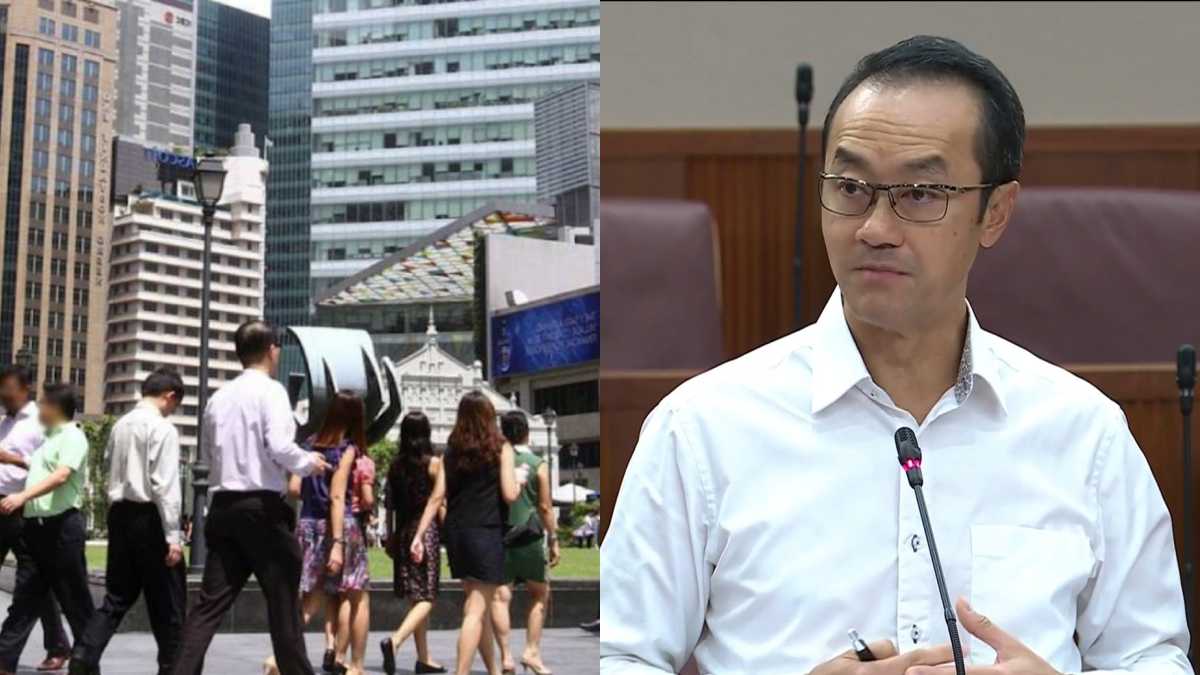
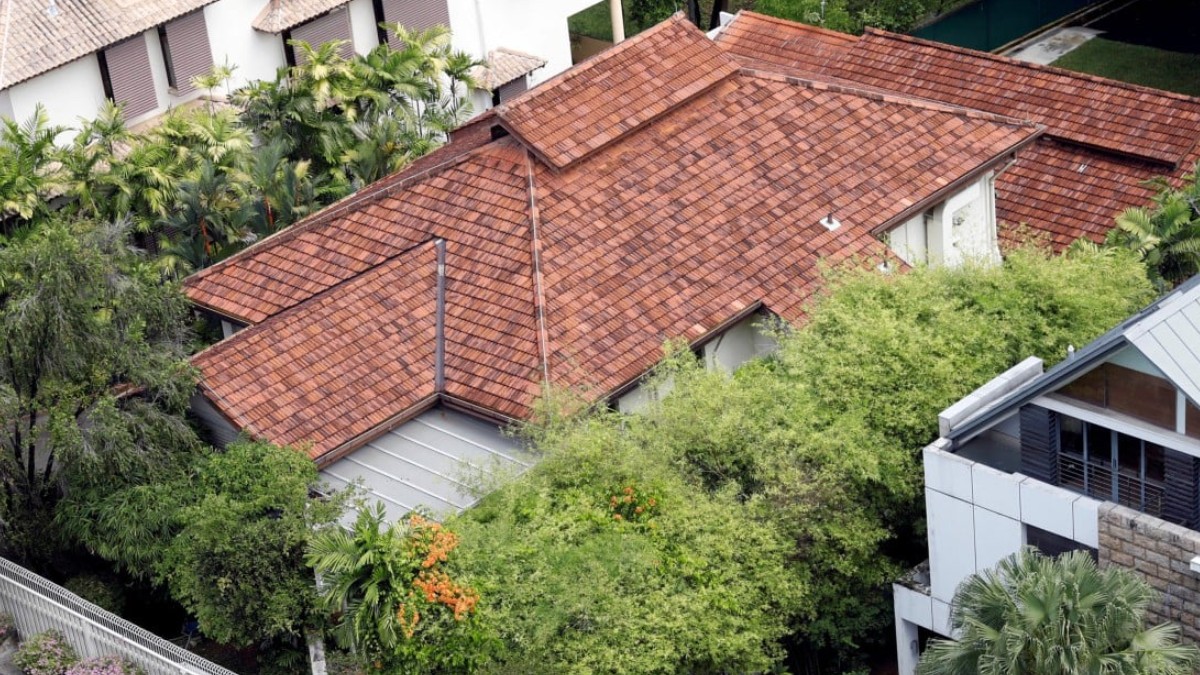
0 Comments